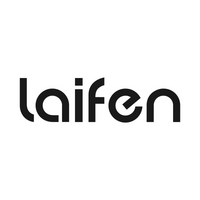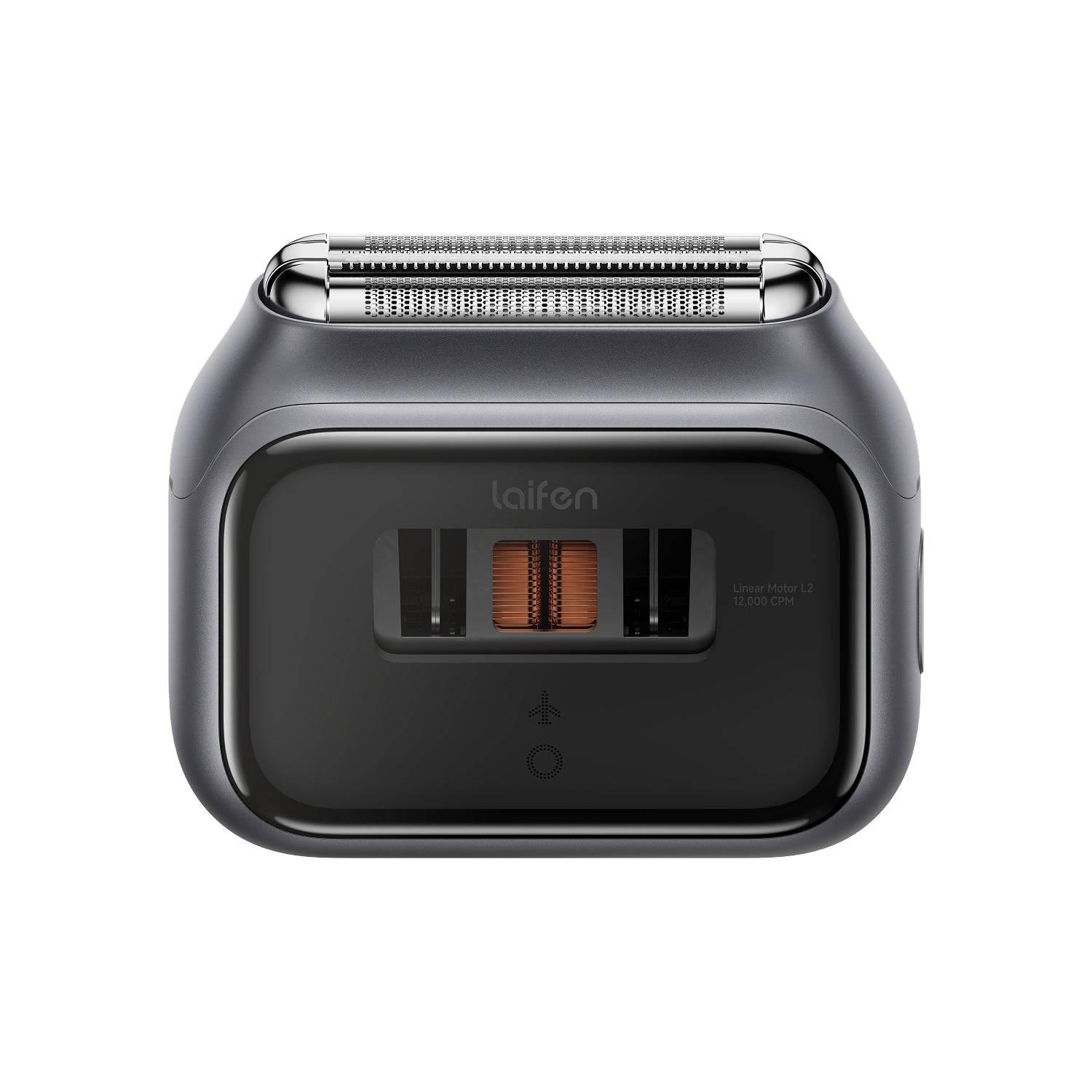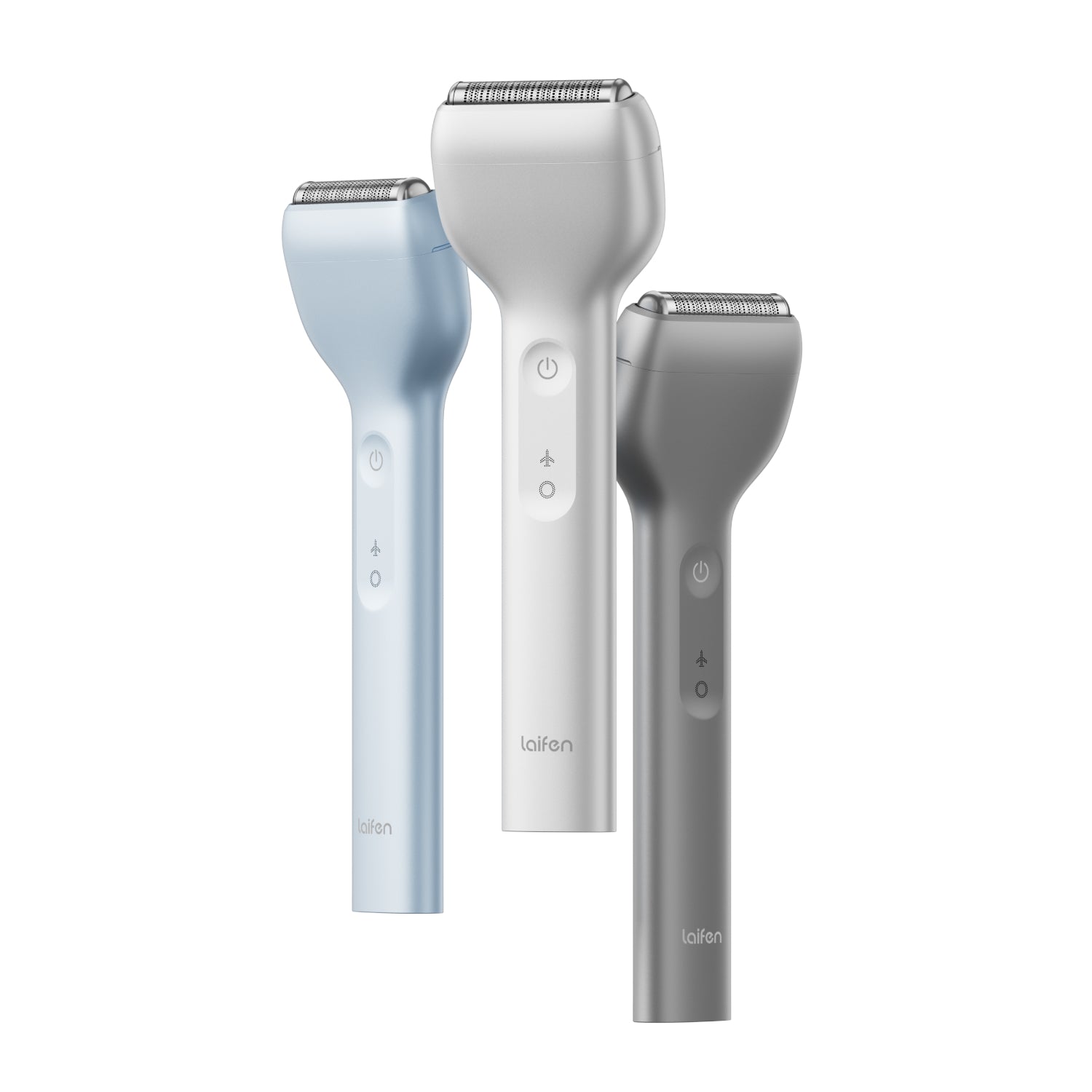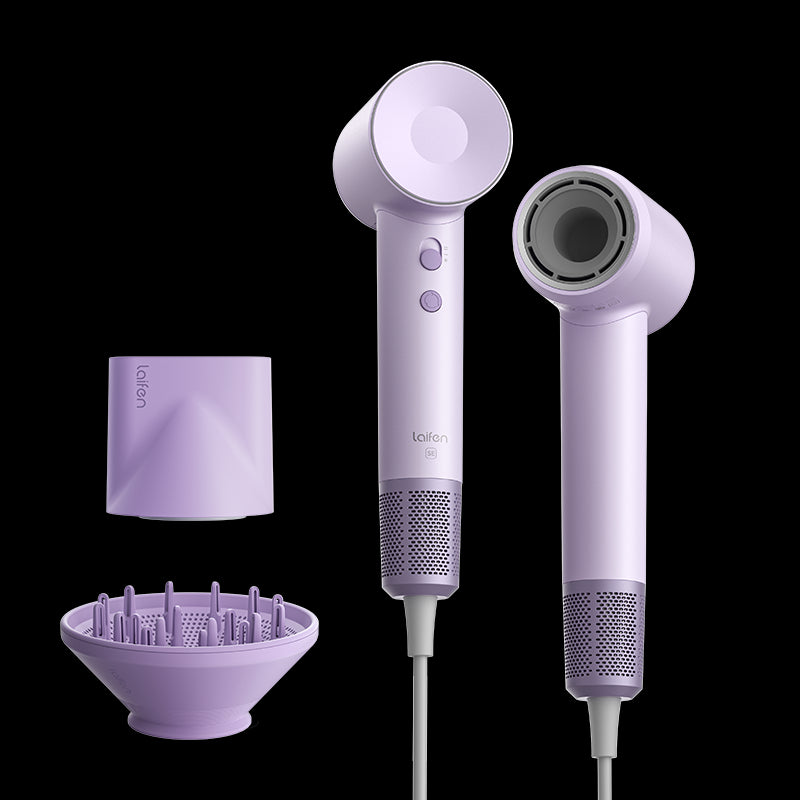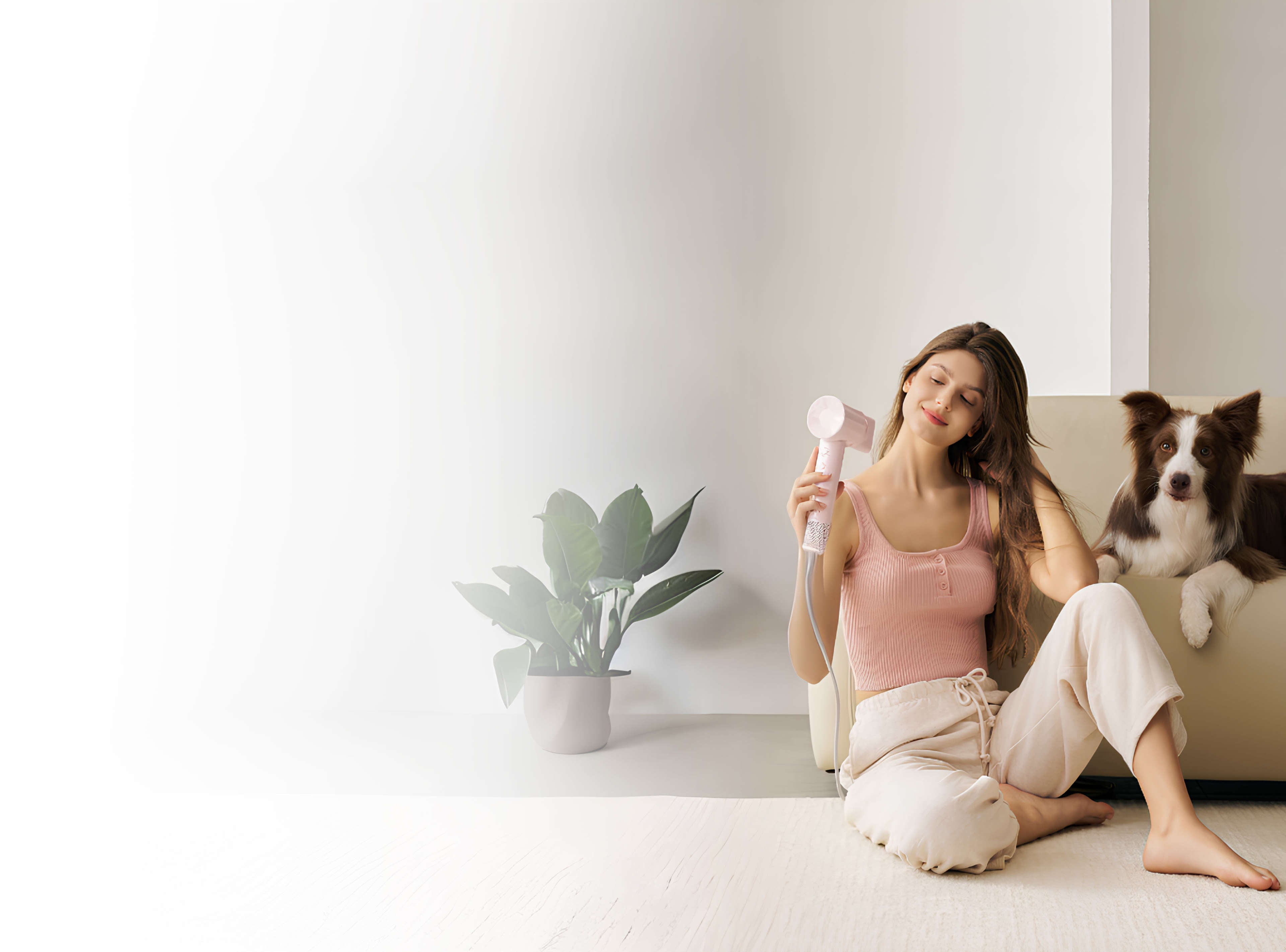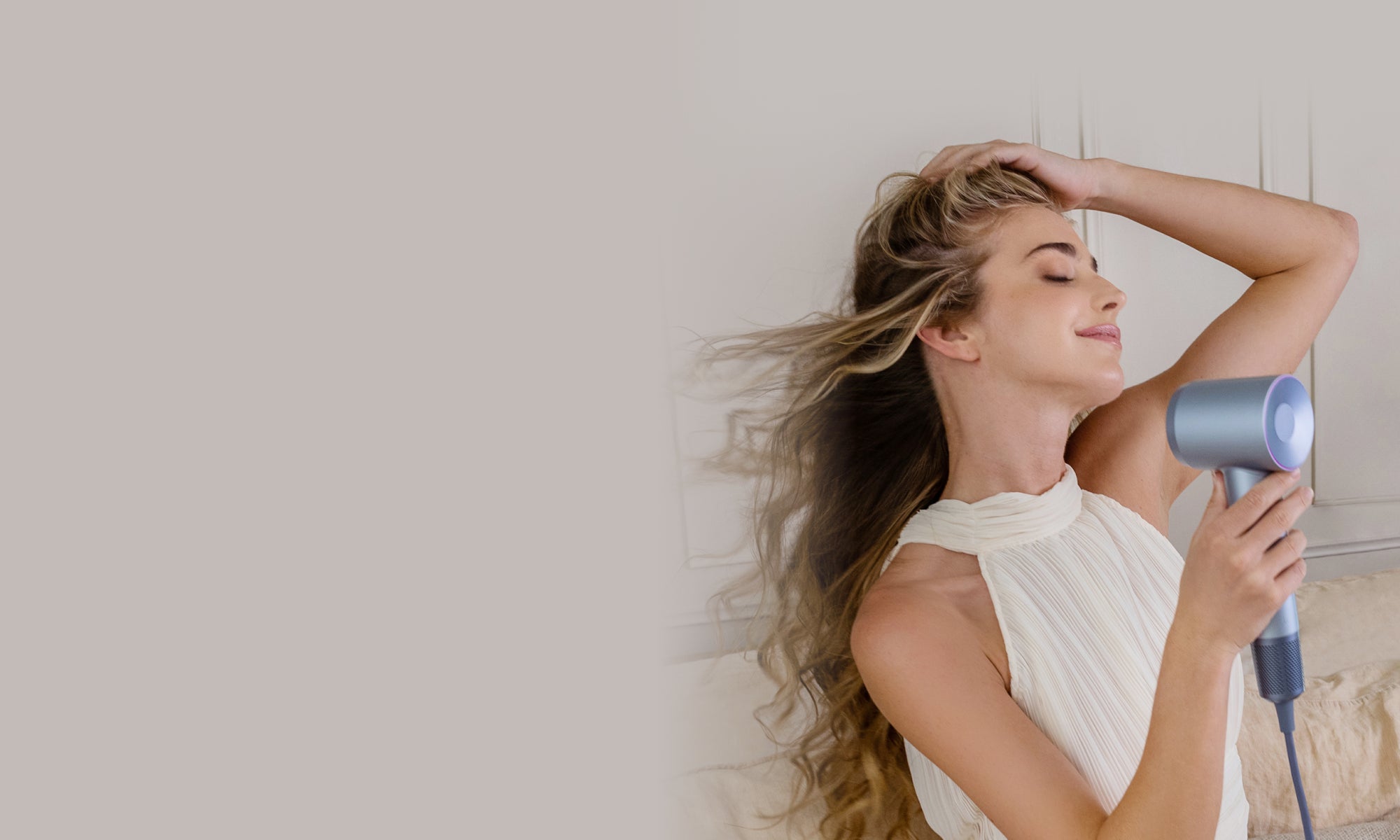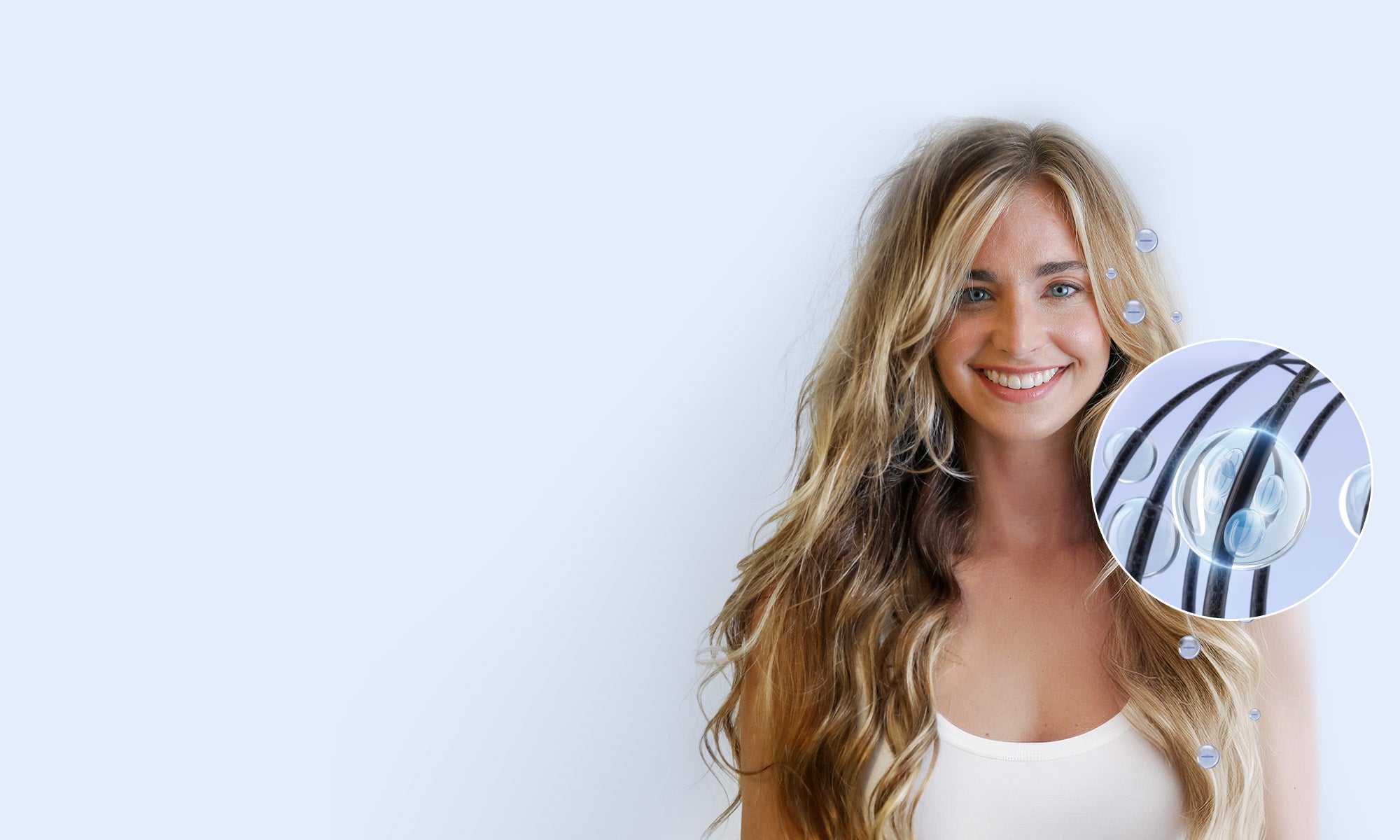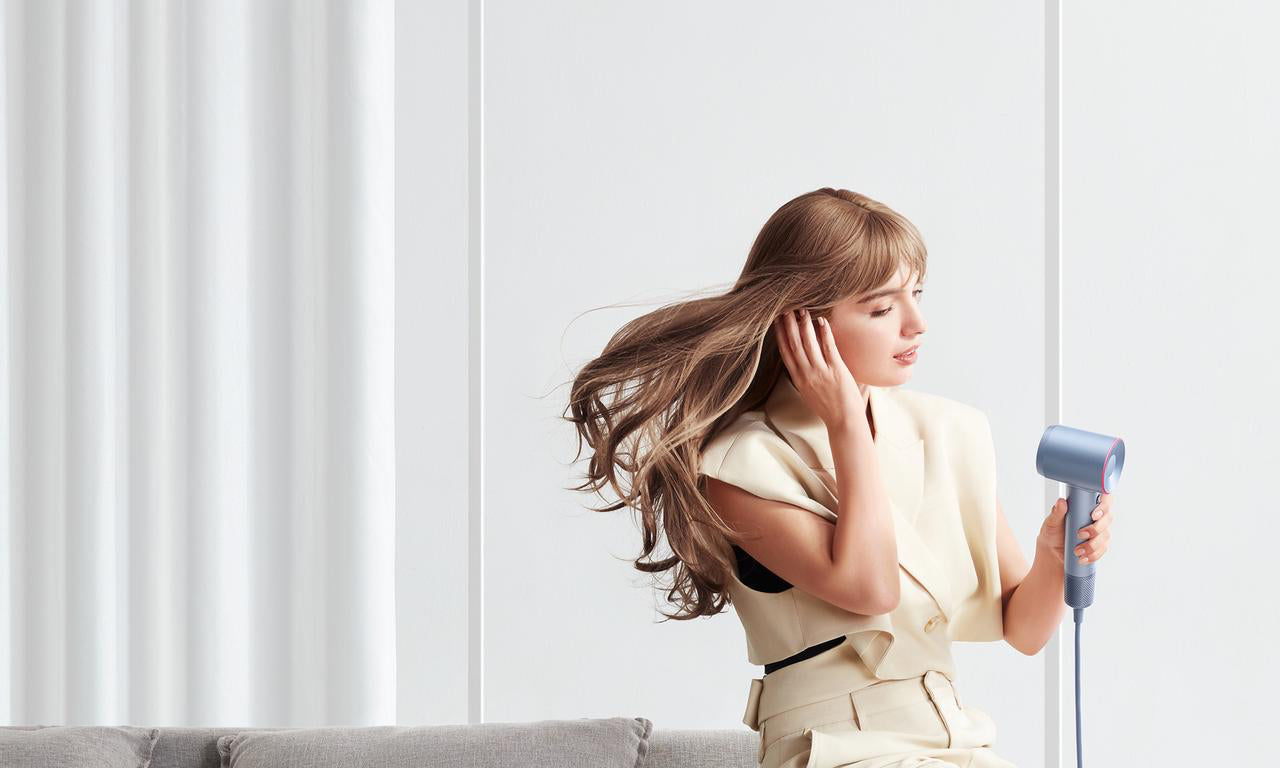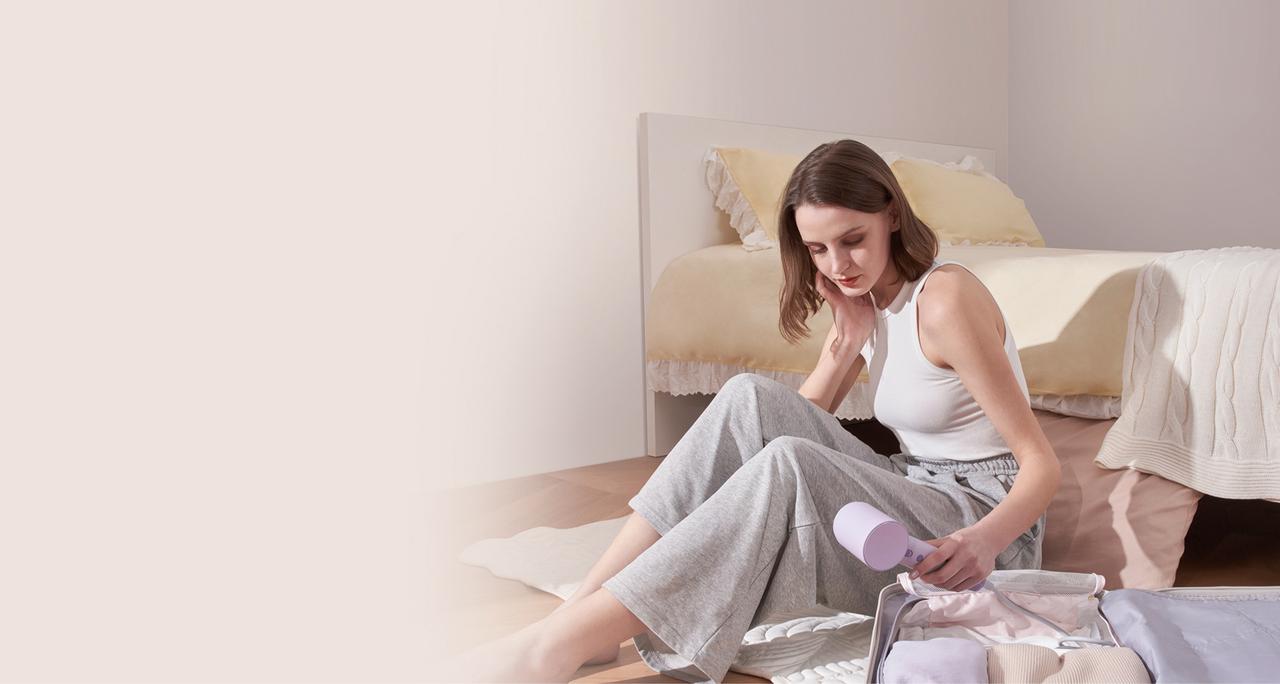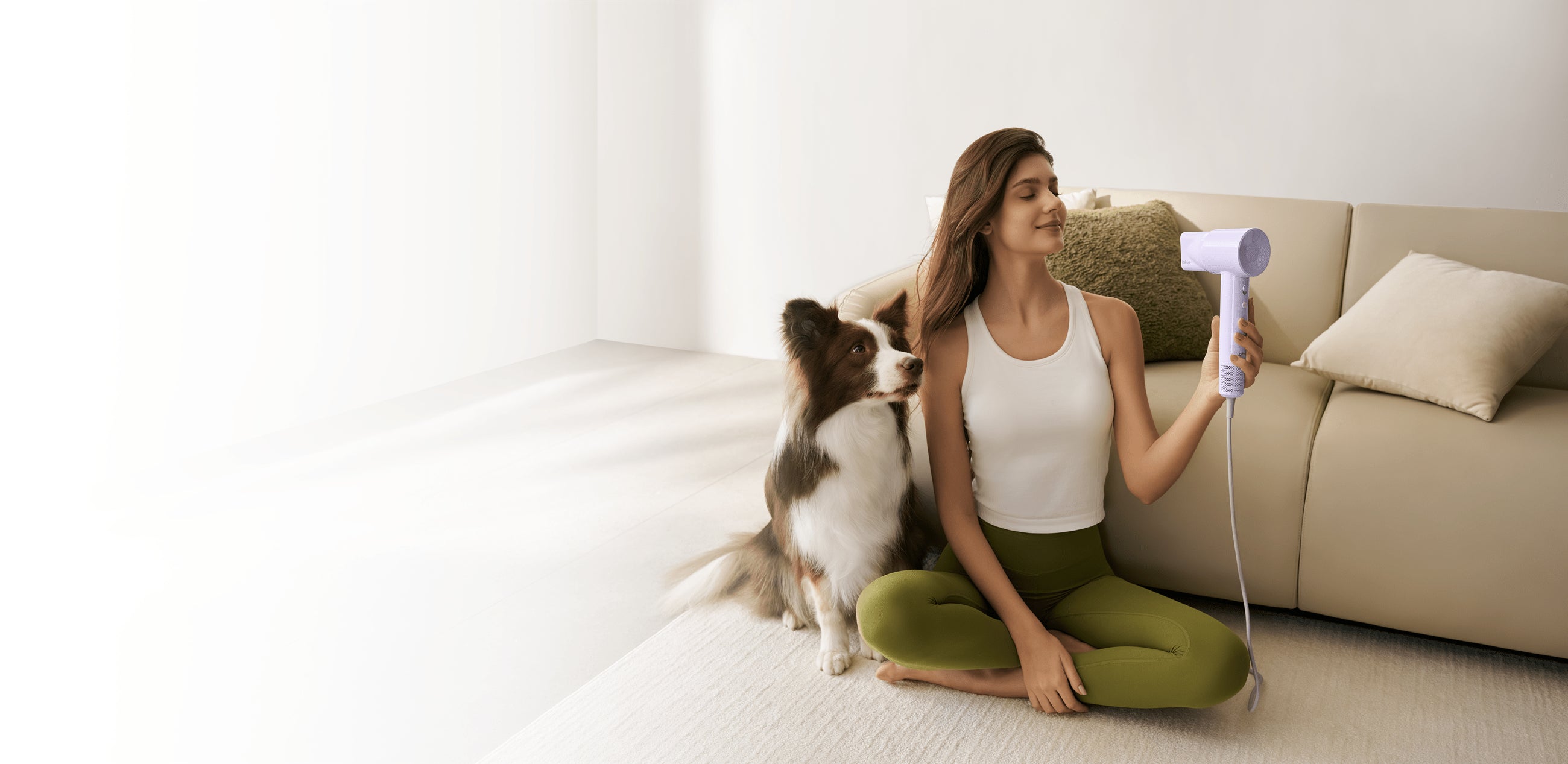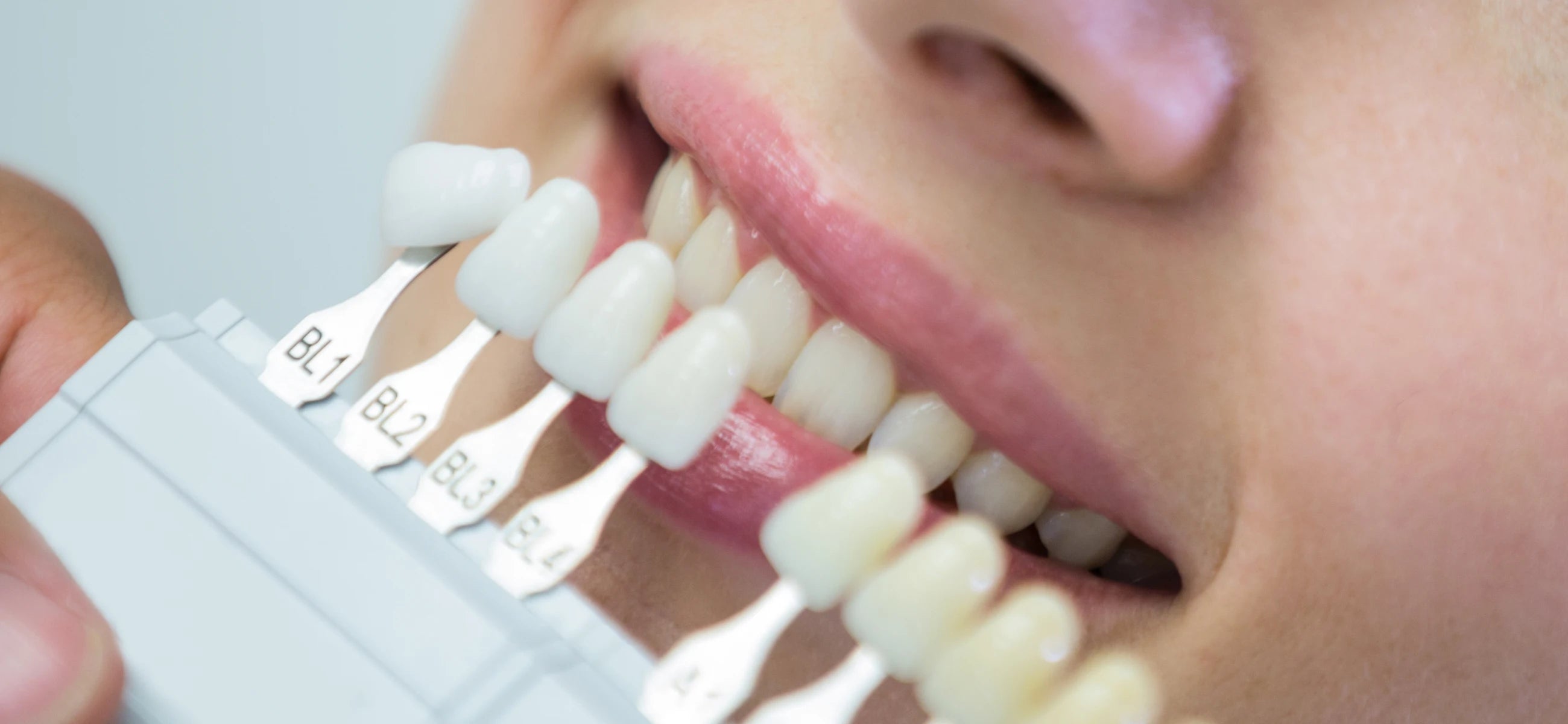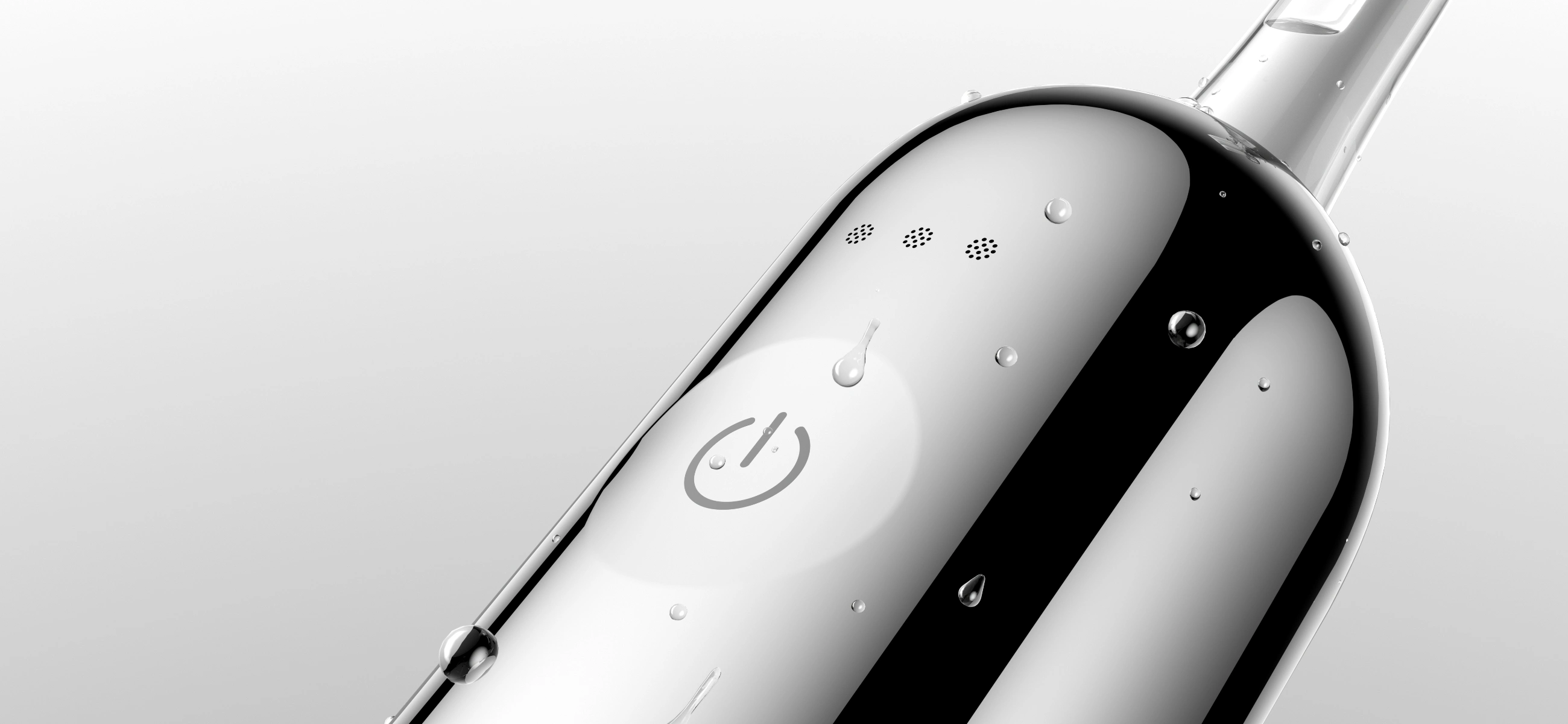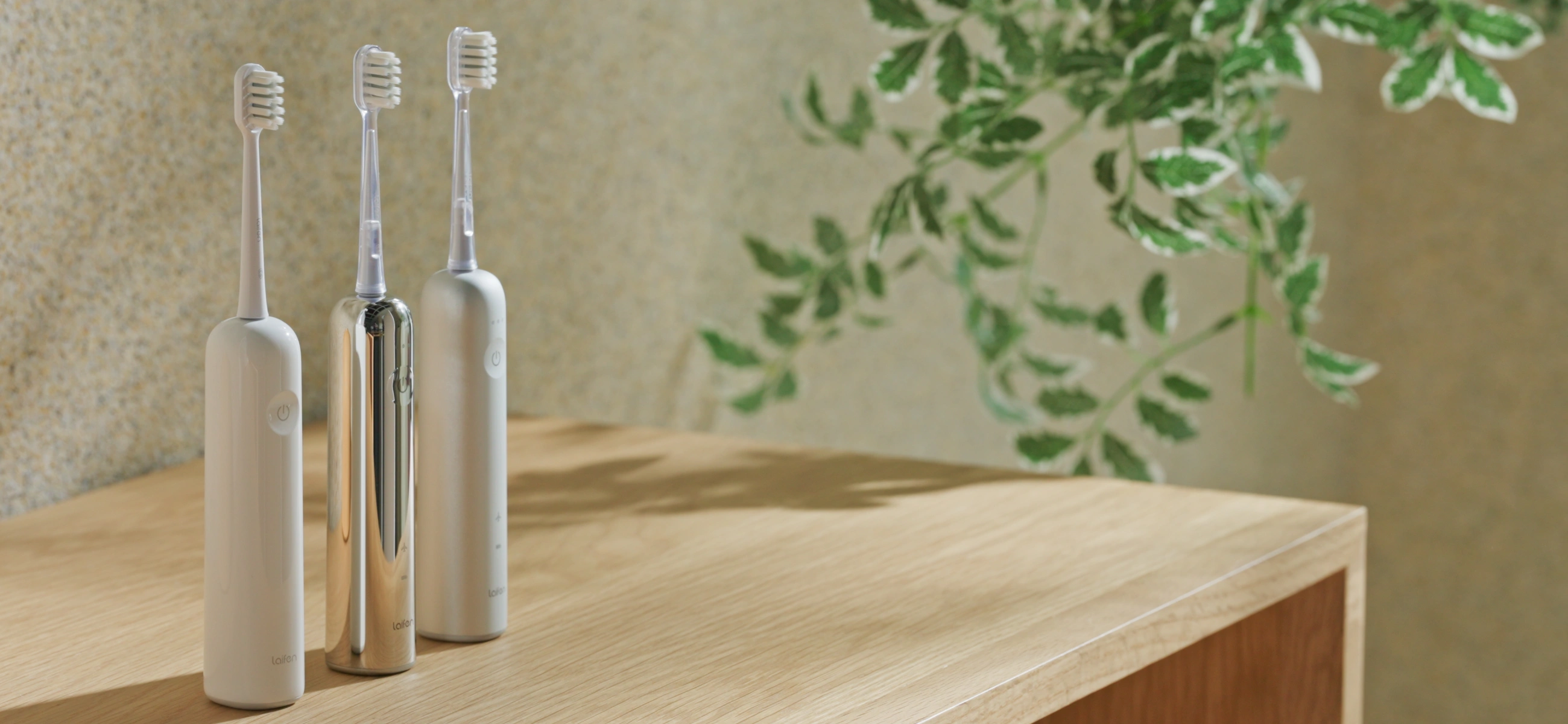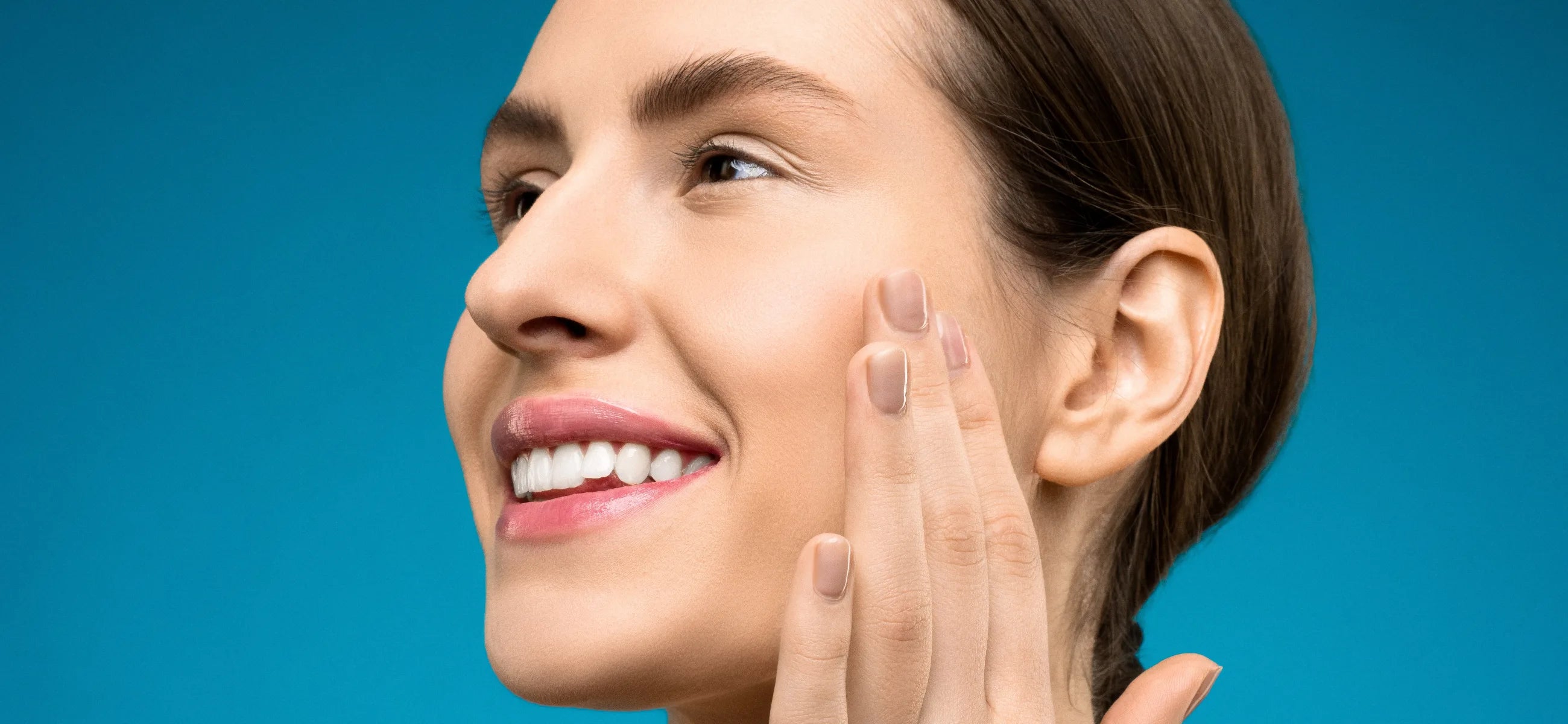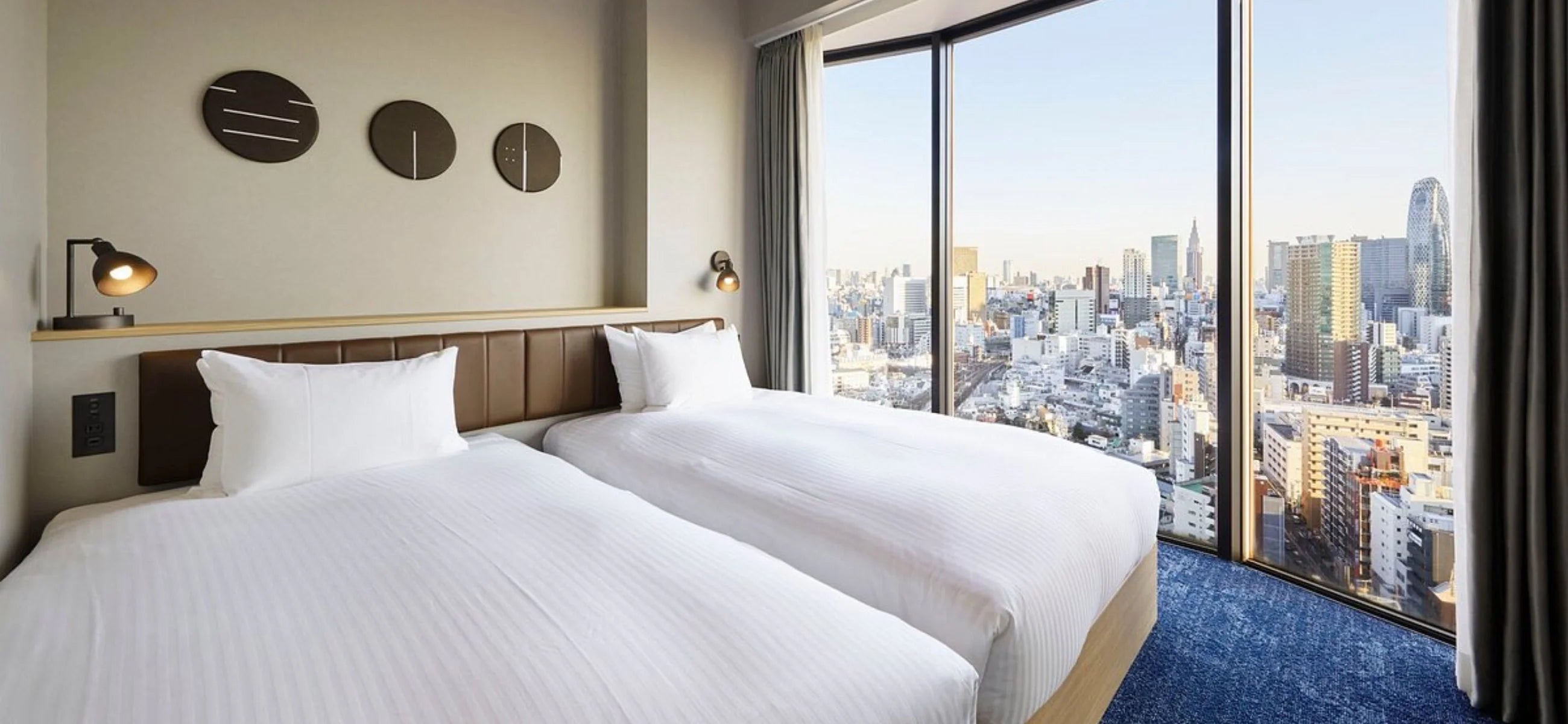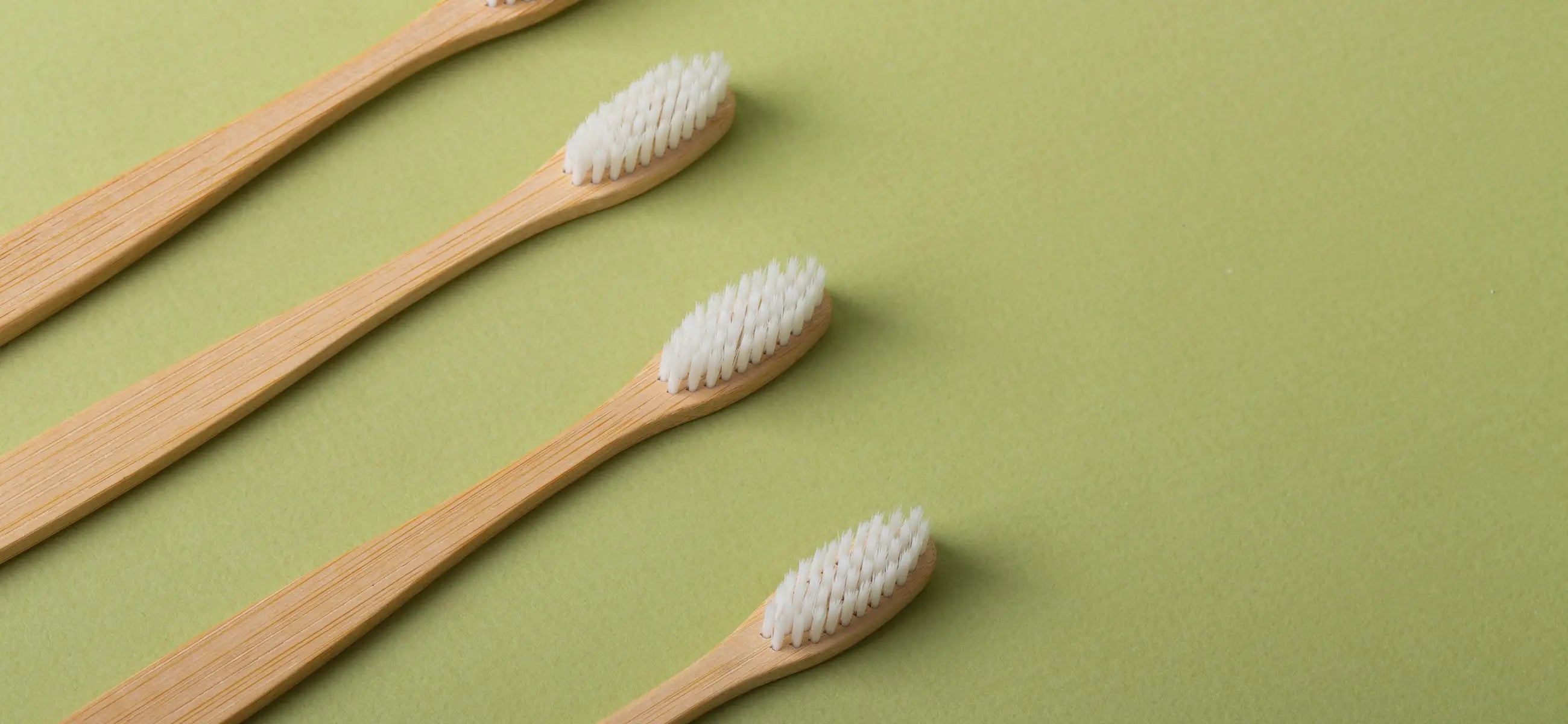
In this article
Users of manual toothbrushes need to decide whether to use brushes with soft or hard bristles. When you visit the pharmacy or your local store, you will find dozens of brushes available, each with different types of bristles. How do you know which one to pick?
The reality is that you need to think carefully about your personal circumstances, as well as what you're looking to achieve when cleaning your teeth with a soft or hard brush. If you don't want to worry about the bristles, an electric toothbrush is a brilliant alternative, as we introduce in this article.
But first - is a soft toothbrush a good option? Let's investigate.
Are soft toothbrushes bad or good?
A soft toothbrush can be a good option for your teeth and gums. In fact, the American Dental Association (ADA) suggests that soft brushes with multi-layered bristles are the best option for people who use manual brushes regularly*.
*Source: https://www.ada.org/resources/research/science-and-research-institute/oral-health-topics/toothbrushes
The reason for this is that soft brushes can clean your teeth and gums without causing accidental damage. Some hard-bristle brushes, when used incorrectly, can lead to bleeding gums. Though they can be better for removing stubborn plaque, hard toothbrushes may even remove the enamel from your teeth. So, balance and nuance are required.
Let's take a look at some of the pros and cons of using a soft toothbrush so you can decide for yourself whether this option is good or bad for your teeth:
Pros & cons
✅ Soft-bristled toothbrushes come ADA-recommended and are one of the best options if you're planning to use a manual brush.
✅ For people with sensitive teeth and gums, soft-bristled brushes are the best option as they don't lead to bleeding or oversensitivity.
✅ Brushes with soft bristles are flexible and easy to use. As a result, they can clean hard-to-reach areas in your mouth.
❌ By design, soft-bristled brushes aren't great at removing stubborn plaque from your teeth.
❌ Brushes with soft bristles don't tend to last as long as hard-bristled brushes and need to be replaced.
So, is a soft toothbrush better? This really depends on what you're looking for in a manual brush, as explained above.
Firm vs. soft toothbrush: What's the difference?
You might be wondering if a soft or firm toothbrush is better? Again, this depends on what you're looking for in a manual toothbrush. If you're someone who has sensitive teeth or gums or suffers from a condition like gingivitis, a soft toothbrush is the obvious choice.
Also, if you have braces or other orthodontic appliances, your dentist will probably recommend a soft toothbrush to correctly look after and maintain your braces to avoid accidental damage.
However, if you're looking to remove stubborn plaque from your teeth and want to give your pearly whites a thorough clean, a firm toothbrush is the better option. Therefore, when thinking about a comparison of a firm and soft toothbrush, you need to look at your preferences and consider the best brush for you.
How to soften toothbrush bristles?
If you have a hard bristled toothbrush, you won't be able to turn it into a super soft toothbrush. If you have purchased the wrong type of brush, we recommend heading to the store to buy the best soft toothbrush for your teeth.
However, if you're keen to soften the bristles before cleaning your teeth, you can rinse the brush under hot water, which causes them to soften before applying your toothpaste. For some people, this can help with the cleaning process.
The perfect alternative to soft or hard bristles - an electric toothbrush!
All of this talk about soft and hard bristles might be making you think twice about the type of brush to buy. Manual brushes are cheap and easily accessible, but they don't necessarily provide your teeth with the best solution.
The best alternative to a manual brush is an automatic toothbrush, such as the Laifen Wave. The Wave is capable of 60,000 vibrations per minute and takes the guesswork out of cleaning your teeth with the right pressure.
Though it's more expensive than buying a manual brush, the Laifen Wave is much longer lasting, thanks to its excellent motor and nano-molding technology. As such, you can clean your teeth with the Laifen Wave without worrying about whether the bristles are soft or hard.
Dentists, orthodontists, and hygienists all speak highly of the benefits of using an electric toothbrush to achieve the best possible clean on a regular basis. You can make the switch today to improve the way that you clean and look after your teeth.
Our verdict on soft toothbrushes
If you're looking to clean your teeth with a manual toothbrush, there's no doubt that a soft-bristle brush is the best option, as recommended by the ADA. Soft toothbrushes are flexible and help you to clean in and around your teeth without causing gum or teeth damage.
However, they're not particularly durable, and they need to be replaced often for the best results. In contrast, an electric toothbrush is a much more durable option.
The Laifen Wave can clean your teeth 3x more efficiently than other automatic brushes, and it is an eco-friendly alternative to manual brushes. If you're looking for the best toothbrush for your teeth this year, we recommend the Laifen Wave as the perfect alternative to soft-bristled manual brushes.
